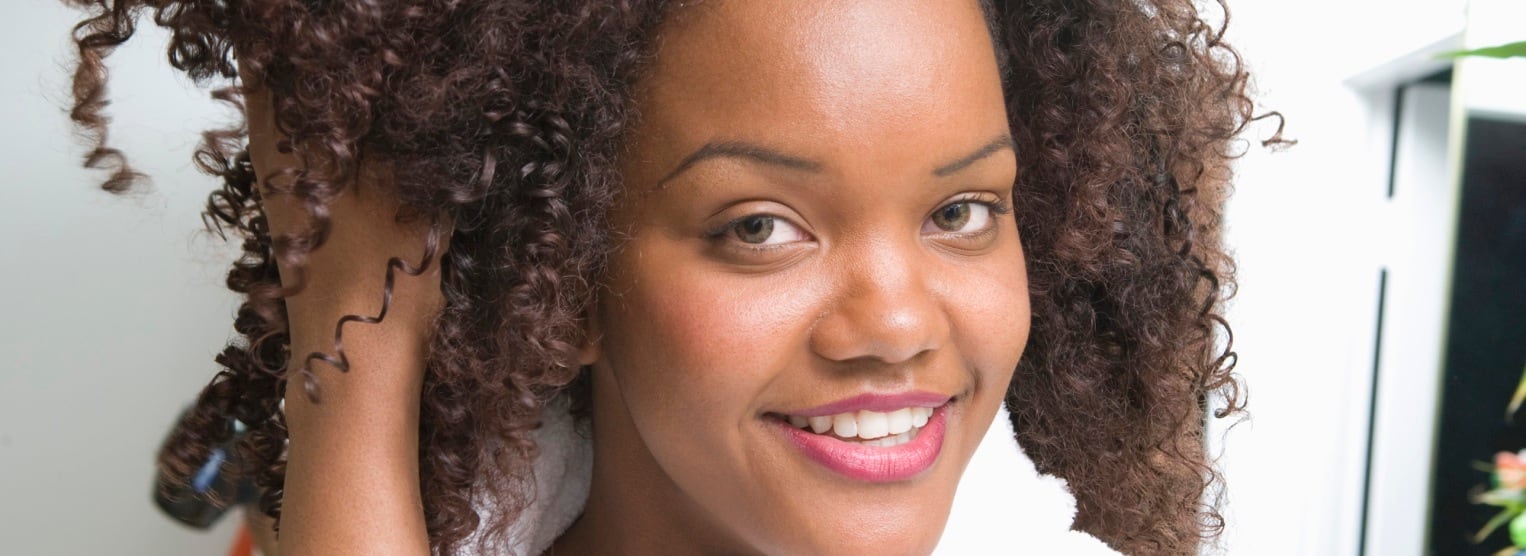“Springing forward” may feel like anything but progress when you face Monday morning, March 13th, with less sleep. To keep up with daylight savings time, we lose an hour on Sunday, March 12th, and it can leave you feeling sluggish and out of sorts.
Getting your seven hours each night is not only the keep staying alert, it helps to ward off everything from depression to diabetes and weight gain. Yet, many African Americans are living with a sleep deficit. A 2013 Harvard School of Public Health study found that 42 percent of black professionals got less than seven hours a night (the rate was 26% for white professionals). Among blacks in support services, 36 percent reported getting less than seven hours of rest (again, the rate was 26% for white workers).
The study’s authors were unsure of all of the causes, but they suggested that sleep disruptions might be due “job strain; discrimination or harassment in the workplace, limited control over job demands or prestige; limited professional and social networks providing emotional or financial support; long work hours; and greater home stress.”
The extraordinary stresses that come with “working while black” are no surprise to most black Americans, no matter what type of job they hold, so here’s some advice, from Healthday’s expert, on how to get the recommended amount of rest, now that you have 60 less minutes each day to deal with life’s demands.
1. Prepare if you can. Seven hours should always be your goal, but try to go to bed a little earlier, say 15 or 20 minutes, a few nights before an actual time change. “It may take some people up to a week to get used to the new time change,” says Dr. Praveen Rudraraju, medical director of the Center for Sleep Medicine at Northern Westchester Hospital in Mount Kisco, NY. “Though it may be tempting to stay up an extra hour, one of the best ways to fight the effects of daylight savings time is to go to bed at your usual time.”
2. Brighten up your routine. For the first few weeks, try to wake up five or 10 minutes earlier every two to three days, Rudraraju suggests, and exercise for 30 to 40 minutes in bright light each day, but do it before 5 p.m.
3. Make is easier to doze off. If the time change makes it tough for you to fall asleep on time, as it does for many people, Rudraraju says don’t drink caffeinated beverages and eat dinner at least three to five hours before bedtime. At dinner, don’t have more than one alcoholic drink. Stop all computer activity an hour before bedtime, and stay out of the bedroom until it’s bedtime.”
Last, if you have not already done so, make sure your bedroom is a sanctuary that encourages sleep. Spring is also the perfect time for a bedroom makeover if you need one, so:
▪ Keep the room dark and free of television, glowing clocks and devices.
▪ Make sure it’s cool and add a humidifier if the air is dry and uncomfortable.
▪ Invest in a mattress and pillows that are supportive and comfortable.
▪ Consider a color scheme that you find soft, soothing and comforting.
Visit the National Sleep Foundation for more about getting a good night’s sleep.








